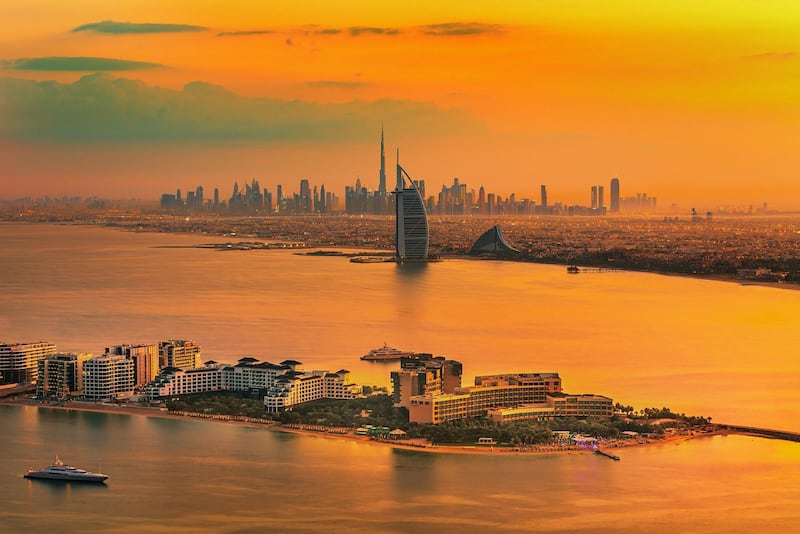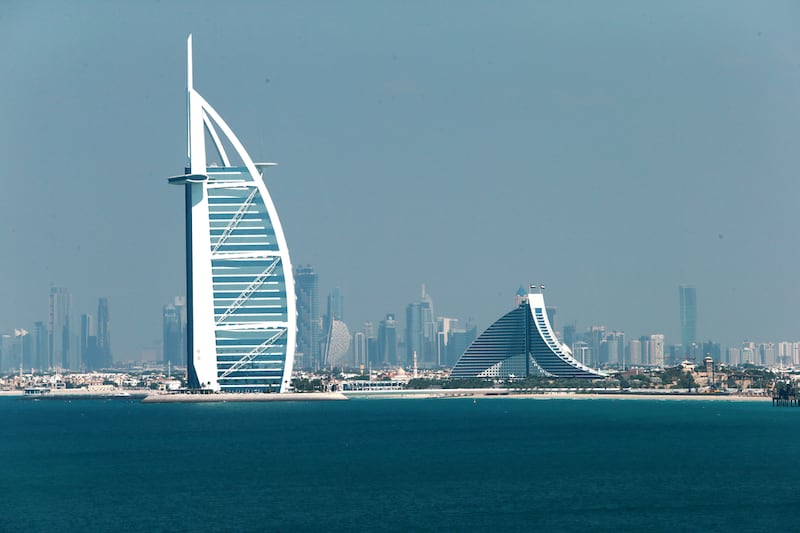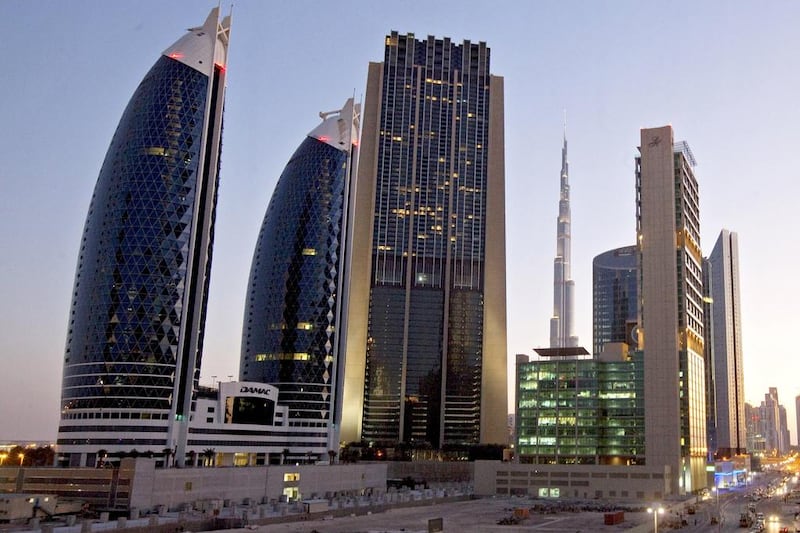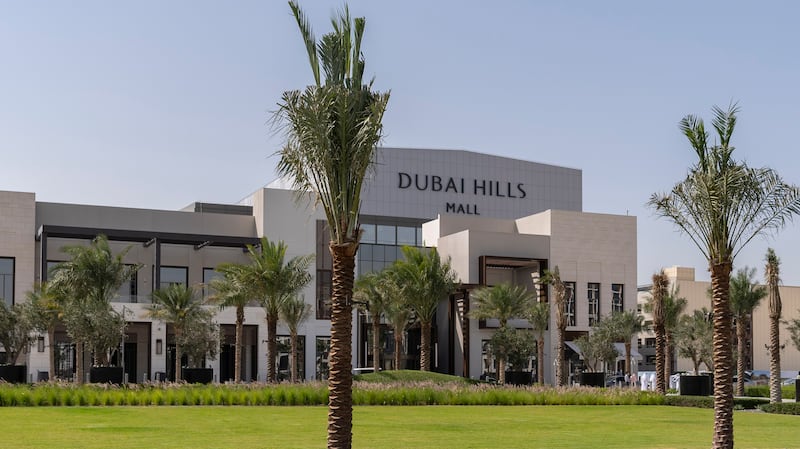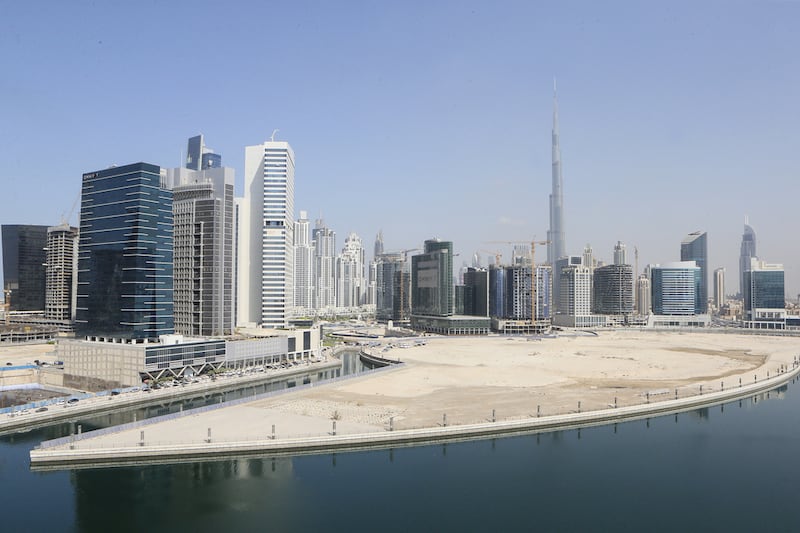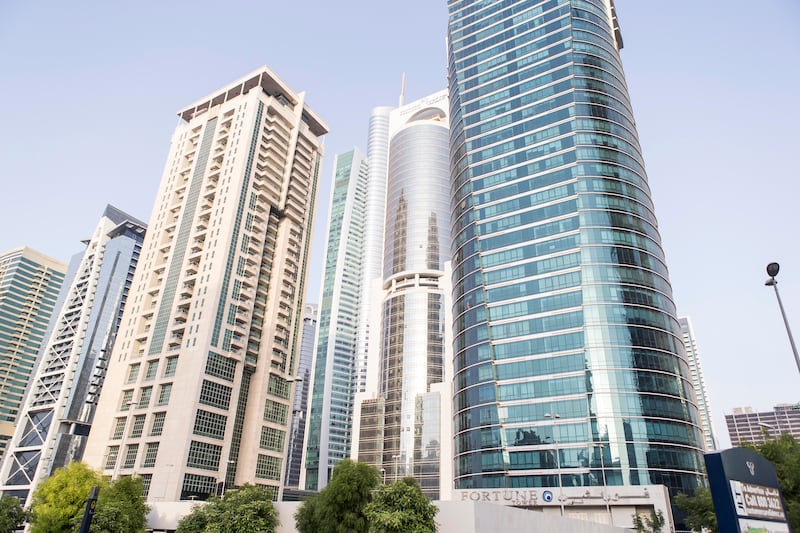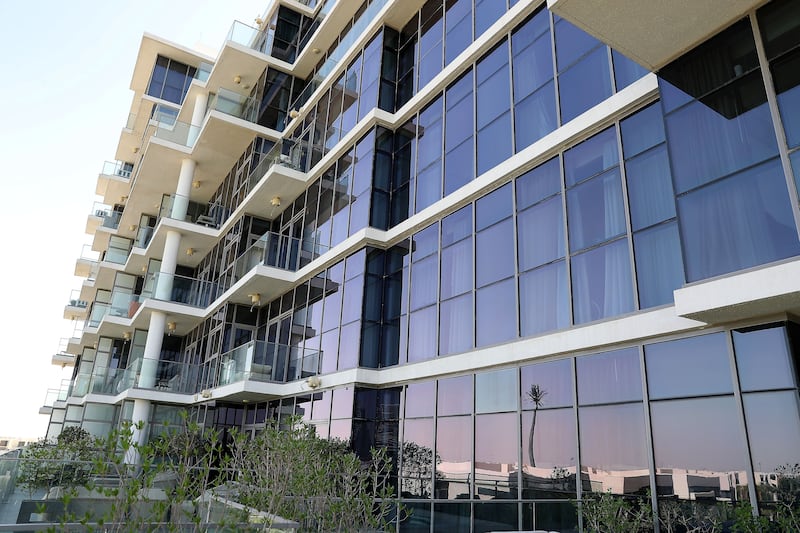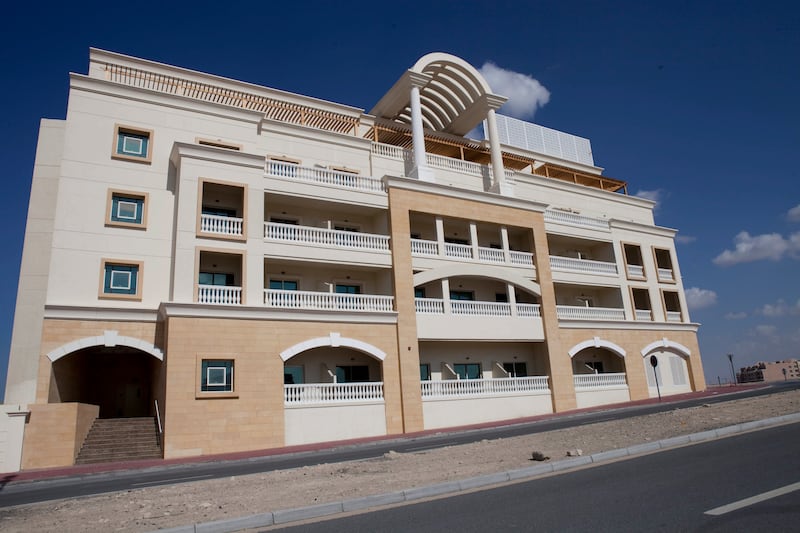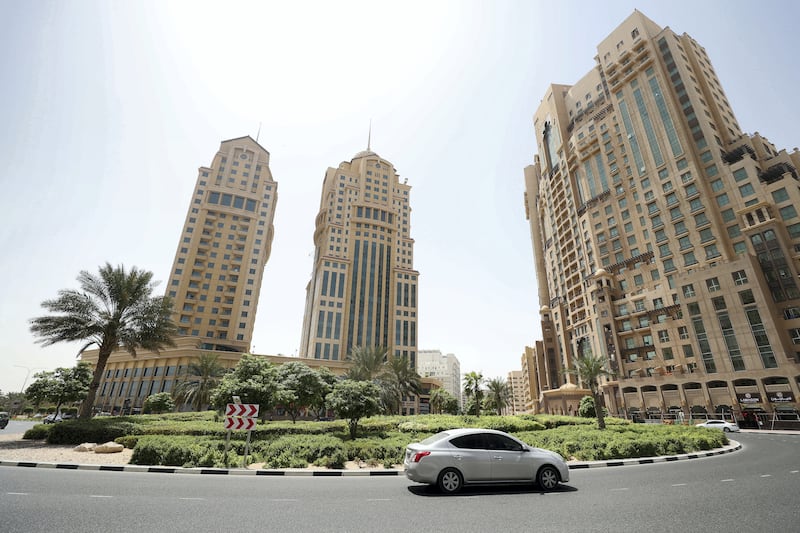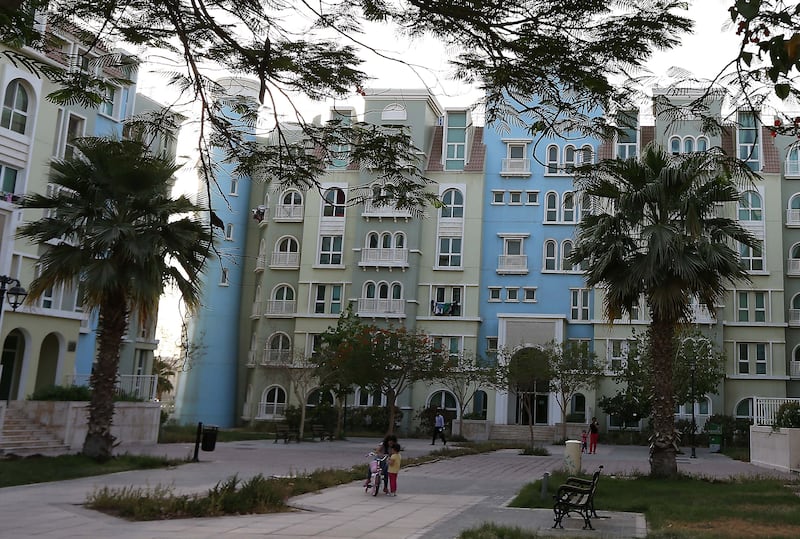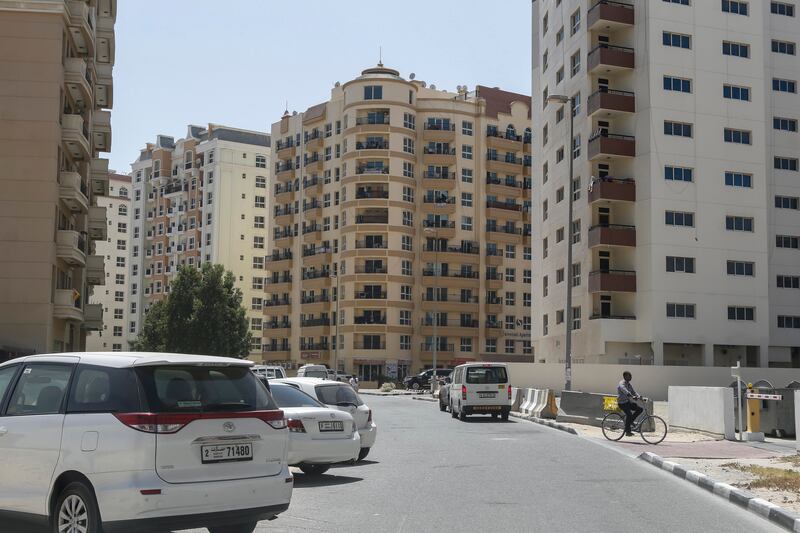Debt burden of Dubai's government as share of the emirate’s gross domestic product will fall this year as its economy will continue to grow robustly despite global macroeconomic headwinds, S&P Global Ratings has said.
Dubai's gross general government debt is expected to drop to 51 per cent of its GDP in 2023 from a cyclical high of 78 per cent in 2020, the rating’s agency said in its latest report on the emirate’s economy.
“The government's debt stock could fall even faster if the reduction in nominal debt, which occurred in 2021 and to a more significant extent in 2022, continues over the coming years,” S&P said.
Dubai, the tourism and commercial centre of the Middle East, has been repaying its debt, including $2.9 billion in bonds between 2020 and the first quarter of 2023. It has also reduced its loans from Emirates NBD by 30 per cent over the same period. Loans from the largest lender in the emirate account for 44 per cent of the government’s gross debt.
Loans extended by Abu Dhabi and the Central Bank of the UAE after the 2009 financial crisis account for 30 per cent, while the remaining is outstanding in securities issued by the government, as well as other bilateral and syndicated facilities, S&P said.
“In our base case, we assume the government debt stock will remain broadly flat in nominal terms over the period to 2026, but decline as a share of GDP,” it said.
Despite a declining government debt burden, its public sector debt is at 100 per cent of GDP.
However, the robust recovery of the emirate's economy, particularly its real estate and tourism sectors, should help some government-related entities to deleverage and “reduce rollover risks amid current favourable operating conditions”.
The establishment of the government of Dubai's Debt Management Office in 2022 should also help in further improving the structure of the emirate's debt by measures such as lengthening maturities, diversifying funding sources, and developing an efficient market for government securities, S&P said.
Dubai's economy has bounced back strongly from the coronavirus-driven slowdown in 2020.
The emirate’s GDP has maintained strong growth momentum since, driven by a strong recovery in travel and tourism, and retail sectors.
Dubai’s economy expanded by 4.6 per cent on an annual basis in the first nine months of 2022, with retail trade accounting for 24.1 per cent of its GDP, according to data from the emirate's statistics centre.
Emirates NBD estimates Dubai's full-year growth for 2022 at 5 per cent and expects its GDP to expand by 3.5 per cent this year.
S&P projects Dubai economy to grow by 3 per cent in 2023 and sustain the same growth momentum over the next two to three years.
Business activity in Dubai's non-oil private sector economy rose to an eight-month high in April, boosted by a sharp rise in sales and new orders as demand growth quickened.
The emirate's seasonally adjusted S&P Global purchasing managers' index reading rose to 56.4 in April, remaining well above the neutral 50 mark separating an expansion from a contraction.
The emirate’s tourism sector has carried over growth momentum from last year in 2023, with international visits reaching 4.7 million in the first quarter versus, a shade under 4.8 million recorded before the pandemic in 2019.
Dubai's property market has also registered strong growth in the first quarter, with total transaction value up 80 per annually to Dh157 billion ($42.75 billion), according to official data.
“We expect Dubai's relatively well-diversified and service-oriented economy to expand,” S&P said.
“In our view, this year will be more reflective of regular economic activity in the emirate compared with the post-pandemic recovery years.”
UAE-wide social and economic reforms, as well as the government's steps to boost the ease of doing business in the emirate, will benefit Dubai and support its medium and long-term economic growth prospects.
Steps such as the Dubai Economic Agenda D33, and the government move to monetise state assets through initial public offerings also support Dubai’s growth momentum in the longer term, S&P said.
